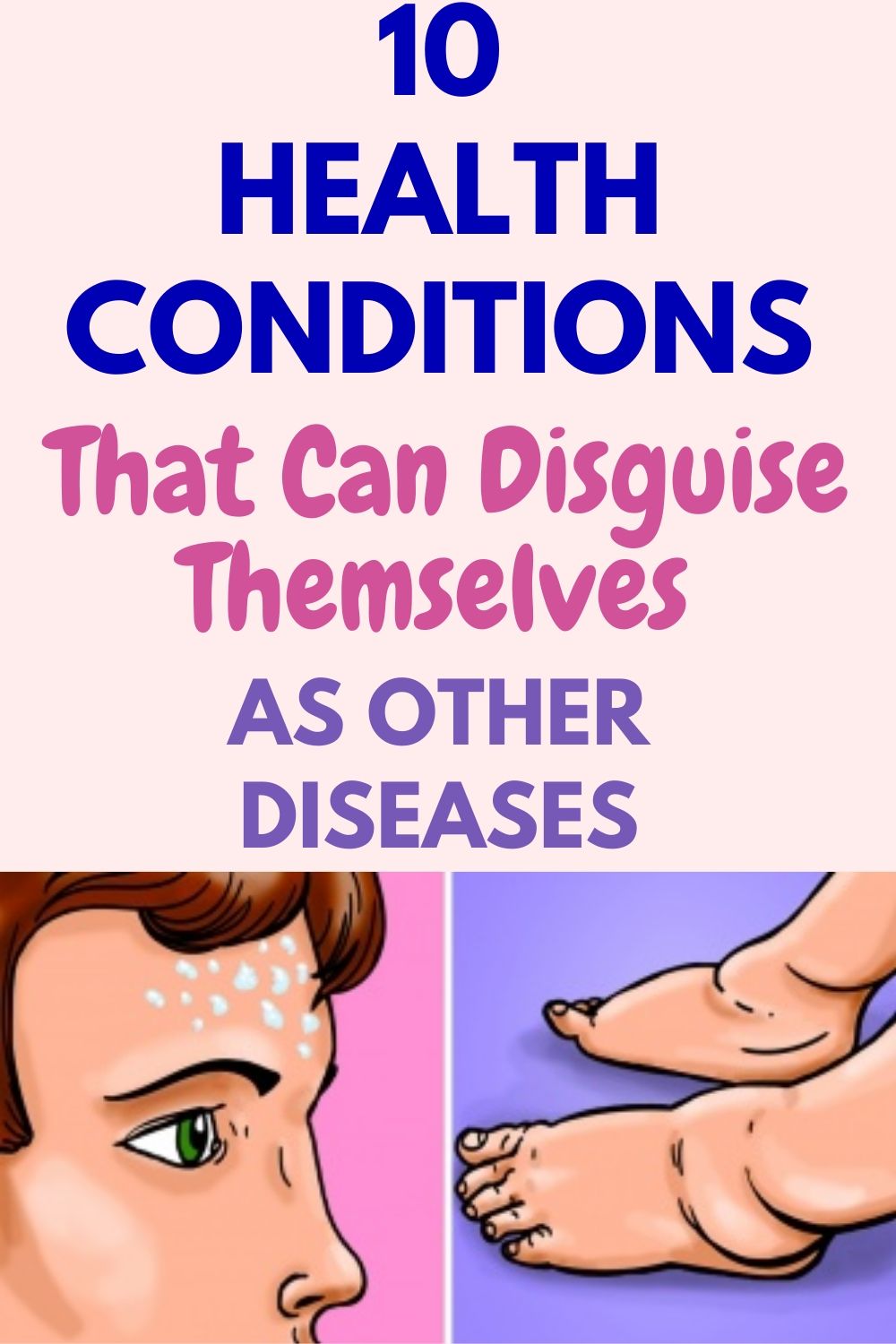Our bodies have unique ways of signaling that something might be amiss, sometimes through unusual sensations, persistent cravings, or noticeable changes in our habits or appearance. While many such changes are minor or temporary, paying attention to new, persistent, or sudden symptoms is a good practice for maintaining health.
It’s crucial to understand that the information presented here is for general awareness only and is not a substitute for professional medical diagnosis or advice.
Important Medical Disclaimer:
- Do Not Self-Diagnose: This article lists potential associations between symptoms and health conditions, but it cannot determine the actual cause of your symptoms. Many symptoms can have multiple causes, ranging from minor issues to more serious conditions.
- Consult a Healthcare Professional: If you experience any new, persistent, sudden, or worrying symptoms, it is essential to consult a qualified healthcare provider (like your doctor or a specialist) for a proper evaluation, diagnosis, and appropriate treatment plan.
- Seek Timely Advice: Do not delay seeking medical attention or disregard professional advice based on information in this article.
9 Bodily Clues and Potential Associations:
Here are some signs or changes that, if persistent or unusual for you, might warrant a discussion with your doctor:
- A Crawling or Creeping Feeling in the Legs: Unusual sensations in the legs and feet, often described as crawling, creeping, pulling, or an irresistible urge to move them (especially noticeable at night or during rest), could potentially be related to Restless Legs Syndrome (RLS), a neurological disorder.
- Thickening or Itching of the Skin: Persistent changes in skin texture, such as noticeable thickening accompanied by itching, can sometimes be linked to underlying issues. Potential associations include hormonal imbalances, eczema, allergies, or other internal conditions affecting the skin. Diagnostic tests may be needed if the problem persists.
- Changes in Handwriting, Smell, or Dreams: Significant changes like handwriting becoming smaller or more cramped (micrographia), a reduced sense of smell, experiencing intense or physically active dreams, alongside motor symptoms like tremors or slowness of movement, are sometimes associated with neurodegenerative conditions like Parkinson’s disease.
- Unusual Anger or Aggressive Behavior: While personality plays a role, sudden or uncharacteristic increases in anger or aggression could sometimes be linked to underlying mental health conditions. Some research suggests aggression can be a symptom of depression, which doesn’t always manifest solely as sadness or low energy.
- Excessive Daytime Sleepiness (Sleeping Too Much): Feeling an overwhelming need to sleep during the day, even after adequate nighttime sleep (a condition known as hypersomnia), isn’t just simple tiredness. It can sometimes stem from underlying medical conditions, including certain autoimmune diseases or sleep disorders. Regularly consuming alcohol before bed can also disrupt sleep quality and lead to daytime drowsiness.
- Noticeable Changes in Eye Color (Corneal Ring): The appearance of a white or grey ring around the edge of the cornea (the clear front part of the eye), known as arcus senilis, can occur with age. However, if it appears in individuals under the age of 45, it might potentially indicate high cholesterol levels and warrants discussion with a doctor. The ring itself is typically harmless visually.
- Persistent Strong Salt Cravings: While enjoying salty foods is common, an intense, persistent, and uncontrollable craving specifically for salt could sometimes signal underlying issues such as dehydration, an electrolyte imbalance, or occasionally conditions like iron-deficiency anemia or be related to premenstrual syndrome (PMS).
- Combined Forgetfulness, Fatigue, and Low Libido: Experiencing a persistent combination of unusual forgetfulness, constant fatigue, and a decreased libido might sometimes be confused with stress or depression. However, these symptoms together can potentially indicate an issue with thyroid hormone production (hypothyroidism). Associated signs might include weight gain or feeling unusually cold.
- Constantly Feeling Thirsty: Persistent excessive thirst (polydipsia) that isn’t explained by diet (like eating very salty or spicy foods) or exertion should be evaluated. It can be a key symptom of conditions like diabetes (especially Type 1 or uncontrolled Type 2) or may occur during pregnancy.
Prioritize Professional Evaluation
Being attuned to your body is important, but interpreting symptoms correctly requires professional medical expertise. If you notice any persistent or concerning changes in your health or well-being, please schedule an appointment with your doctor to discuss them. Early diagnosis and appropriate care are key to managing health effectively.



